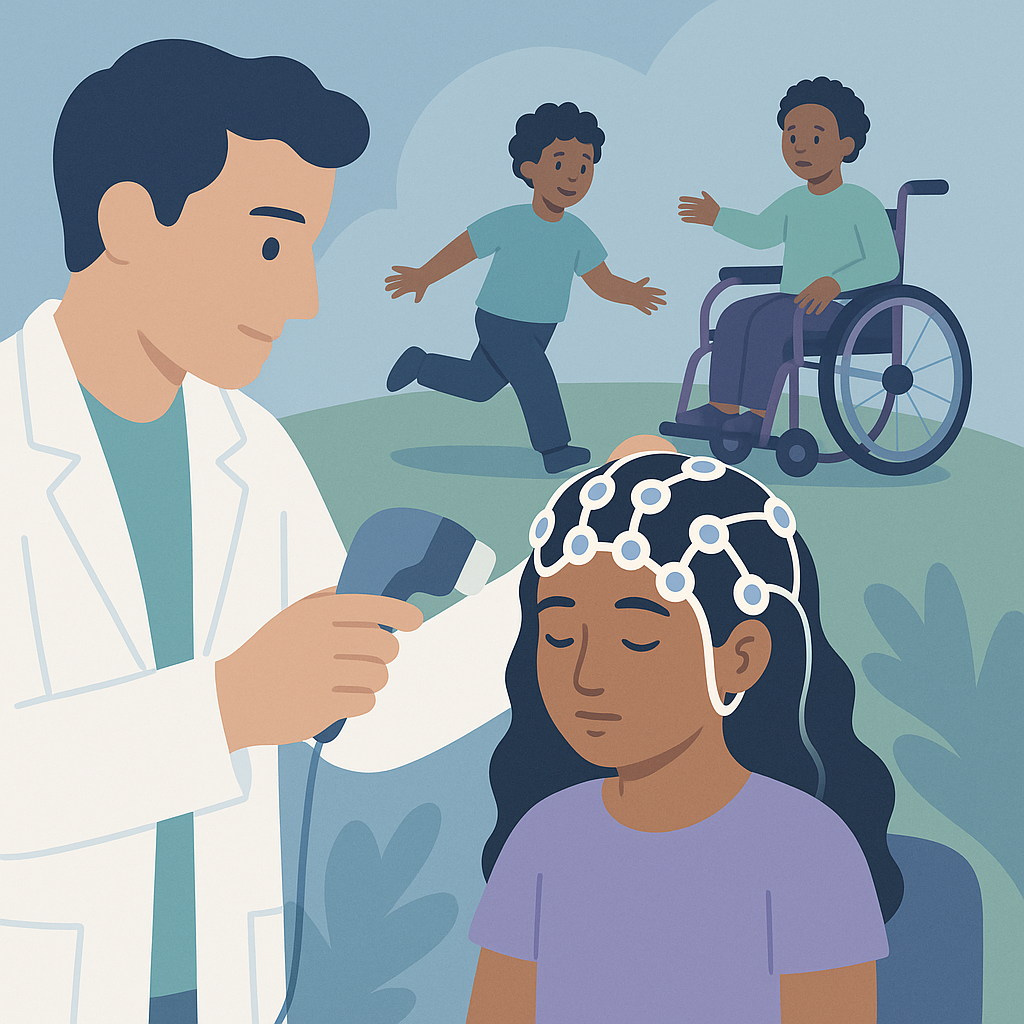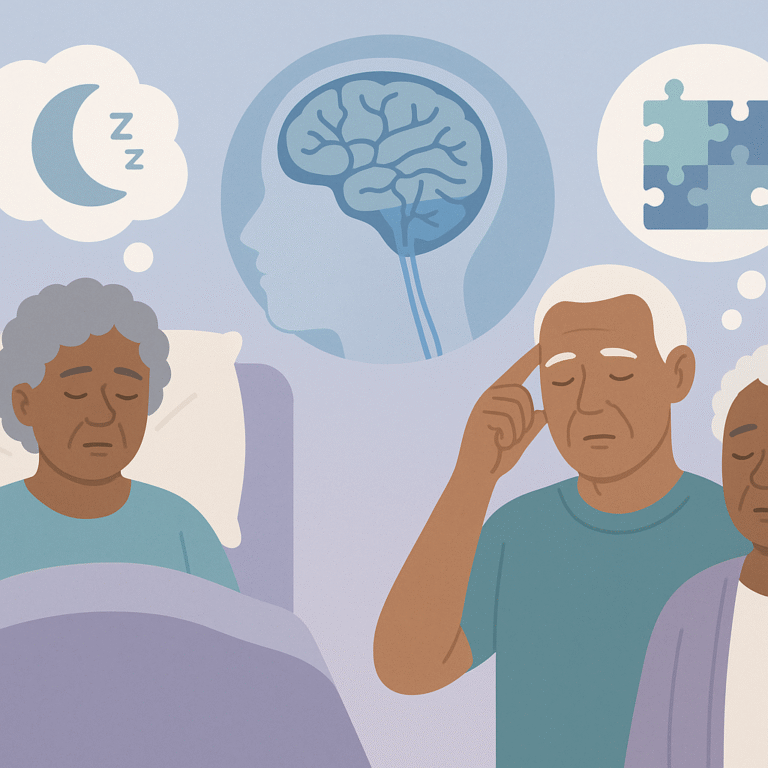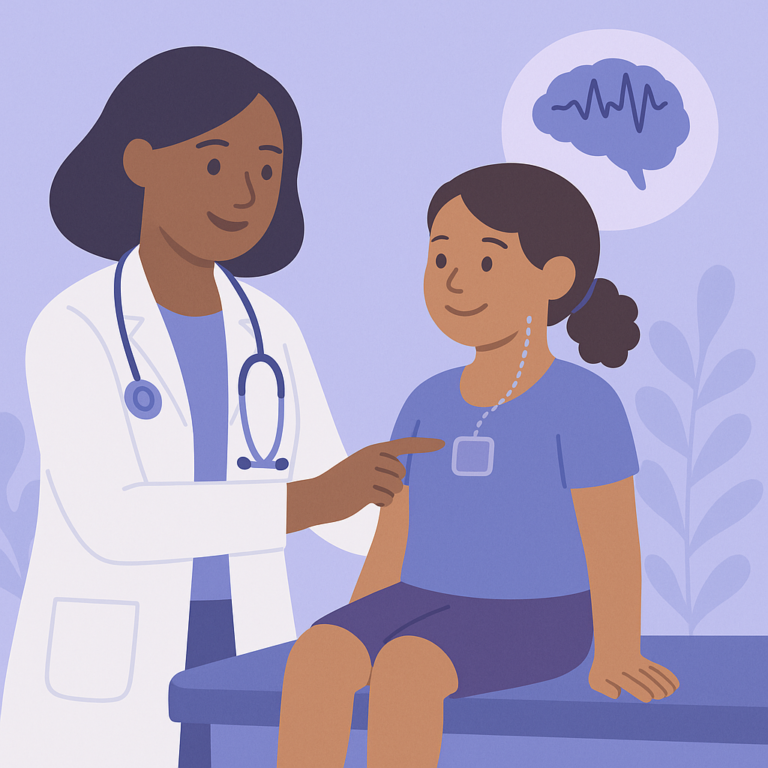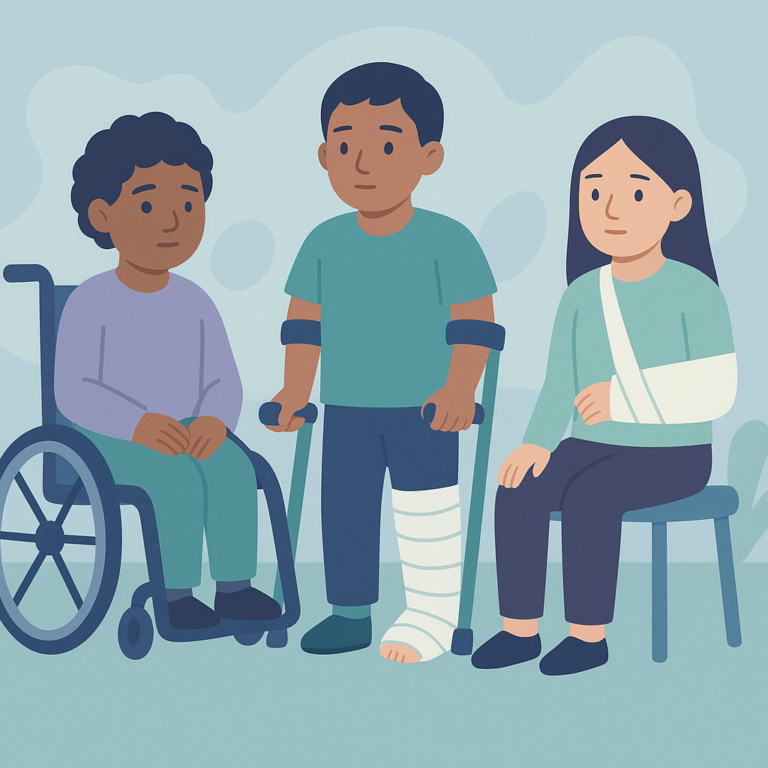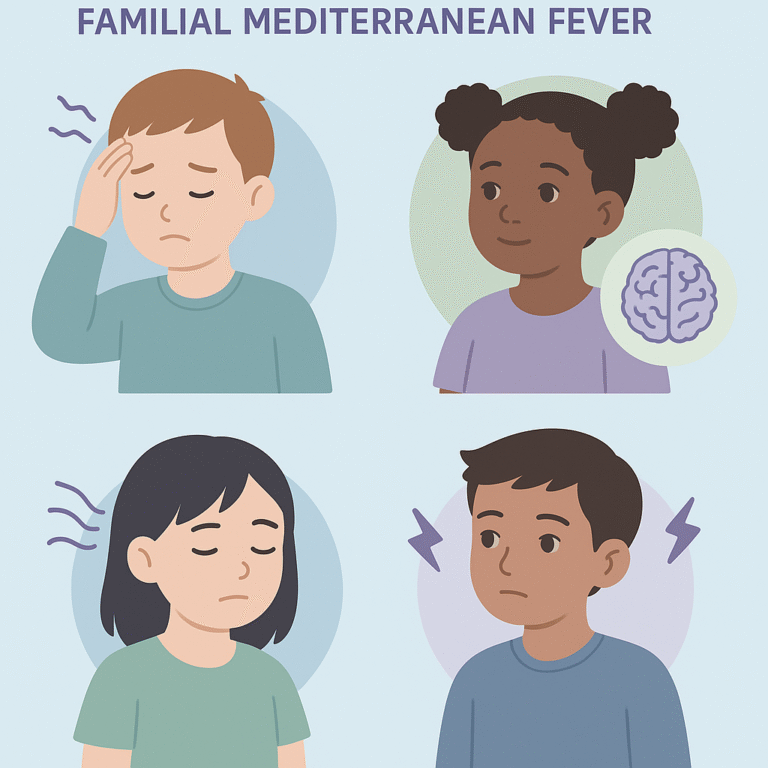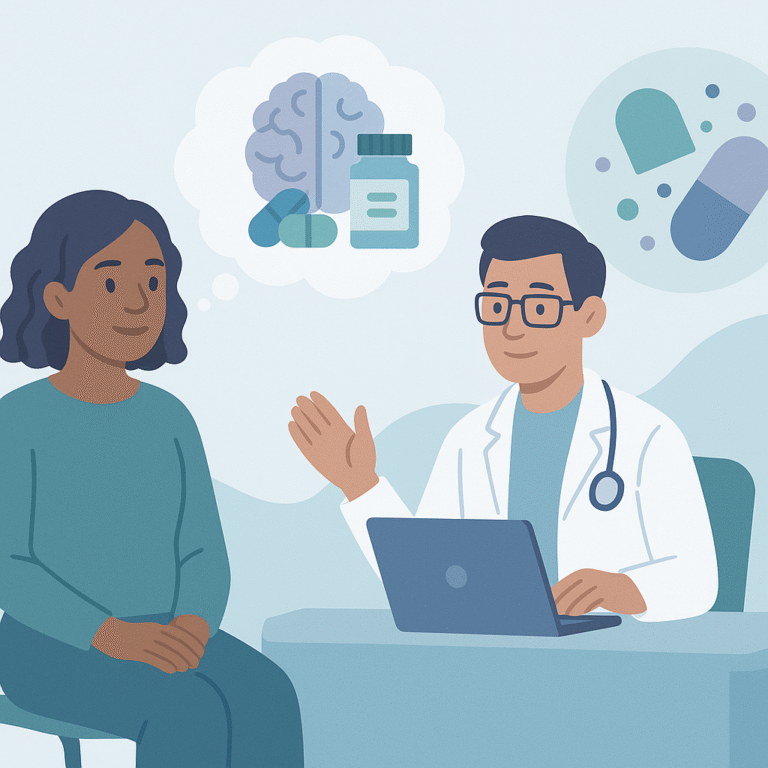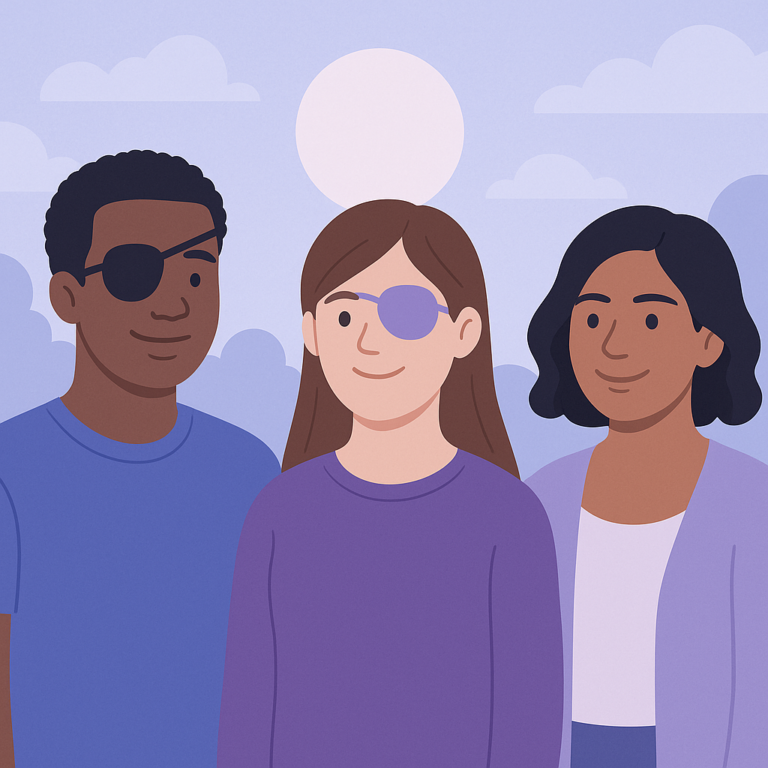Brain Stimulation Improves Life for Kids with Epilepsy
Summary
Researchers studied the effects of deep brain stimulation (DBS) on children with drug-resistant epilepsy, which means their seizures do not respond to standard medications. The study involved a group of children who received DBS targeting a specific area in the brain called the centromedian nucleus. The researchers aimed to assess how this treatment impacted the children's quality of life and their overall functioning.
The main finding of the study was that many children who underwent DBS experienced improvements in their quality of life and a reduction in seizure frequency. While the exact numbers varied, some children reported feeling better and having more control over their daily activities. This suggests that DBS could be a helpful option for children who have not found relief from traditional epilepsy treatments.
This research is important because it offers hope for children with difficult-to-treat epilepsy and their families. However, it is essential to note that the study has limitations, such as being observational and involving a relatively small number of participants. More extensive research is needed to confirm these findings and understand the long-term effects of DBS in children with epilepsy.
Related reading
- Personality Changes in Temporal Lobe Epilepsy Linked to Brain Changes
- Correction Made to Figure in Migraine Treatment Study
- Genetic Mutations Linked to Drug Resistance in Pediatric Epilepsy
- Smartphone Tools Help Diagnose Epileptic Seizures
- Correction on USP25 Variants and Genetic Epilepsy
- Understanding Cognitive Challenges in Children with Epilepsy Surgery
Free: Seizure First Aid Quick Guide (PDF)
Plus one plain-language weekly digest of new epilepsy research.
Unsubscribe anytime. No medical advice.